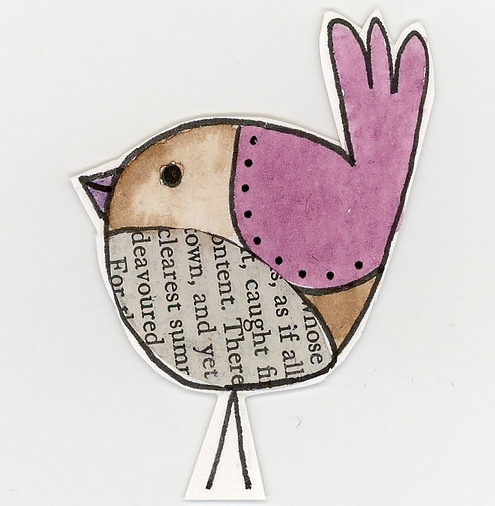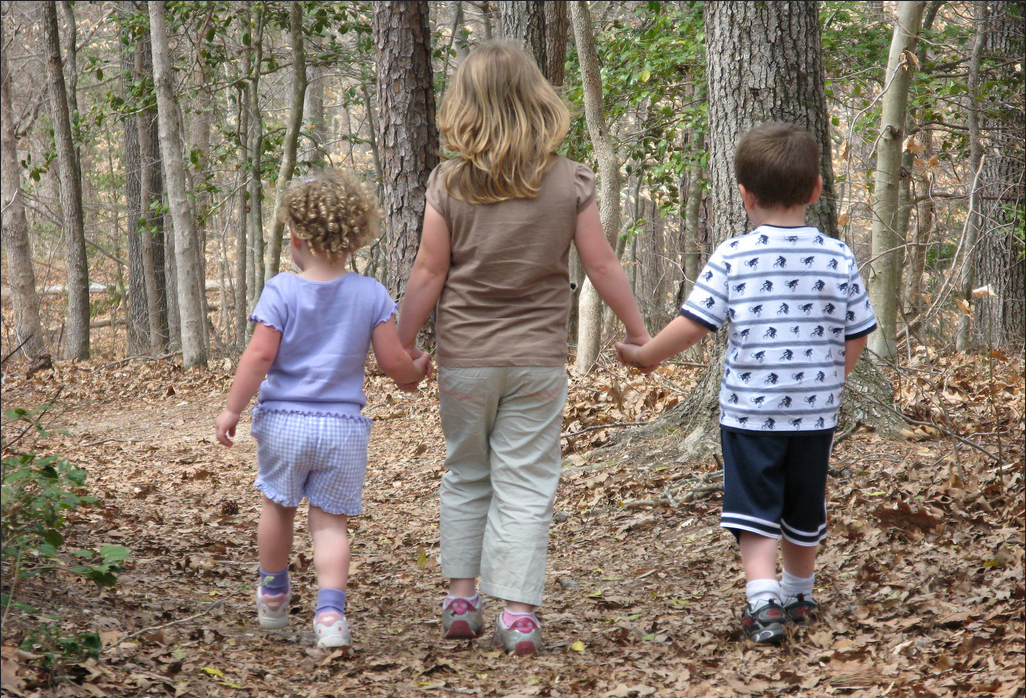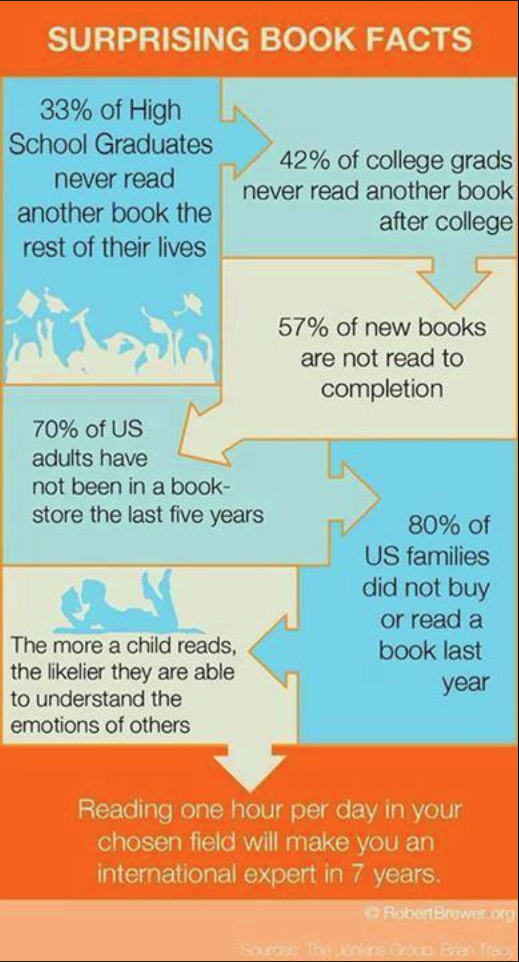There are so many great online learning sites out there for kids. Obviously monitoring is key, as there are more non-friendly kid sites. Here are just a few of the many:
Sparkle Math – It has math games, activities, worksheets, and more. Starting with preschoolers. It also has a special needs kids section.
Funbrain – It has math, reading, and just a section of ‘fun.’ Great for elementary school kids.
Switcheroo Zoo – This is an online source and an app. It is geared more toward the sciences.
Storyline Online – A cute place full of books. Like books that you would check out of a library. A fun different way to get your kid(s) into the classics if they would rather be online instead.
Hour of Code – This site has things like angry birds, but it is also there to get your child engaged in problem solving and learning
ABC ya – For grades pre-k to 5th, this online source has tons of online game. It includes reading, math, strategies, and skills. It will keep your child/student having fun while learning.
Wordle – Make cool shapes out of your favorite words. This is great for practicing spelling and typing. It keeps the creative energy flowing, while also learning some basic skills for reading and writing.
Starfall -An easy go to for early reading. This online site also has other subject areas like math. It is great for basic beginners.
When looking for a learning site, look for something that’s not cluttered. Little eyes may have issues filtering through all the jargon. Ads are on almost all sites, unless you pay for membership, but look for one that doesn’t have too many. The ads can get confusing to kids and pretty soon, they will have way too many pages open. Think about what your child really likes and search to see if they have a learning site for that. Building on children’s natural interests has so much potential. They might just have a free site that is full of good learning. What is your favorite site for educating your child online?
Articles Related to ‘Great Online Learning Sites For Kids’
Learning Websites for Kids: 10 Free Online Websites for Children
Practicing Spelling Words: Fun and Creative Ways
Fun Free Toddler Apps: for iPhones and iPads
Technology in the Classroom: the Use of Smartphones




